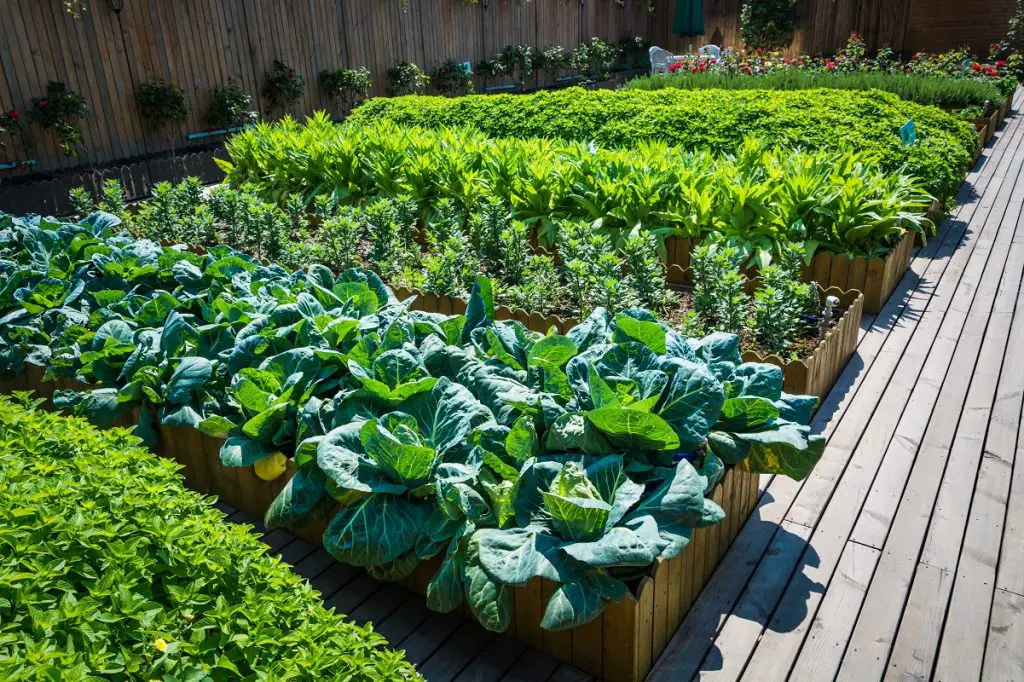Hunger and malnutrition remain a challenge to Africa’s development where in 2016, 27.4 per cent of the
population on the continent was classified as severely food insecure. This percentage is almost four times
as high as any other region, according to World Hunger.
From 2014 to 2016, FAO reports that food insecurity increased by about 3 per cent showing that the
problem is on the rise in Sub-Saharan Africa (SSA). The major causes of food insecurity are poverty,
conflict, climate change, poor governance and to some extent, population growth.
In Africa, poverty is the principal cause of hunger where impoverished individuals cannot afford sufficient
quality or quantity of food to live healthy lives. Most Africans live on less than US$2 daily and they are
locked in a cycle which commits the most vulnerable like the elderly or the young to a lifelong challenge of
stunting, decreased labour productivity and incomes, as well as disease.
Starvation, death threaten Horn of Africa stability
Violent conflict always directly or indirectly impacts all levels of the food system leading to food insecurity
and hunger.
With conflict, there are constraints on movement, employment and income opportunities meaning many
cannot afford to have food. It is also a challenge to export or import food in conflict areas often leading to
inadequate food availability and affordability.
The consequences of conflict also mean that the most affected may not be able to return to productivity if
land, equipment and other resources used to produce food are destroyed.
The United Nations Security Council (UNSC) said that in South Sudan, conflict had condemned millions to
food insecurity. This coming from displacements, destruction of property including land and machinery
used to produce food and the inability to productively engage in farming activities due to fear of attacks.
In the 2018 report produced for the UNSC by FAO and the World Food Programme (WFP) in the context of
the Global Network against Food Crises, 7.1 million people in South Sudan needed urgent humanitarian
food and livelihood support.
This May–July 2018 projection was a 28 per cent increase in comparison to the
same period a year earlier.
The report, ‘Monitoring food security in countries with conflict situations’ showed that escalating
insecurity in Mali was hindering the free movement of people and goods leading to the disruption of
livelihoods.
Agriculture to help Africa’s economy stay afloat post-coronavirus crisis
Due to this conflict, the affected communities could also not access basic services including
drinking water, health services and education. With the factors of production being affected, there was a
notable increase in food prices especially cereals which hit pastoralist communities hard.
The Lake Chad Basin humanitarian emergency remained one of the most severe in the world with millions
of civilians facing high levels of hunger and malnutrition since the Boko Haram insurgency began in northeastern Nigeria nine years before.
With reduced attacks, Nigeria’s Adamawa, Borno and Yobe states recorded a drop in numbers of those
needing humanitarian assistance to around 3 million people from 5.2 million in June to August 2017.
The same happened in Somalia, where there was an improvement from 3.2 million people to 2.5 million
people requiring urgent food, nutrition and livelihood assistance.
In some countries though, food fortification programmes have seen an increase in the availability of
nutritious foods. Kenya, Rwanda, Tanzania, and Zimbabwe have successfully implemented iodine
fortification for their citizens.
When it comes to growth, Africa’s population hit 1.2 billion in 2018 increasing from 221 million in 1950.
By 2050, more than half of the global population growth will occur in Africa. With the growing numbers,
the continent faces another challenge in the Covid-19 coronavirus pandemic. The outbreak is affecting farm
productivity making the future bleak since, with no input in the food production chains, the continent is
staring hunger in the face.
Regions like East Africa are battling desert locust invasion and flooding while Malawi has been struggling
with the fall armyworm which had damaged approximately 355,000 acres of crop in January this year.
With these events occurring at an almost regular basis, it is indeed an uncertain future for Africa since
already most countries are experiencing food-related stress.
As food security remains a big challenge for development, Africa’s emerging agritech market is valued at
€5.3 billion according to the Technical Centre for Agricultural and Rural Cooperation (CTA) and Dalberg
Advisors.
CTA’s State of Digitalisation of Agriculture in Africa 2019 report identifies online marketplace
solutions as opportunities attracting and retaining a significant number of buyers and sellers. This not only
helps to solve inefficient and fragmented agricultural markets problems but helps in ensuring that supply
chains remain reliable.
By 2030, Africa’s agriculture market is projected to grow to US$1 trillion. This means that the sector
continues to be a catalyst of sustainable development primarily for enhanced food security and poverty
reduction.
Post Covid-19 pandemic, technologies will be the enablers that can be used to solve some of the challenges
plaguing the sector. With technology playing a big part in addressing food security, there is a
transformation in the agricultural sector as solutions for longstanding problems and challenges keep
coming up.
For instance, e-commerce platform Jumia Kenya and Twiga Foods partnered to enable shoppers to buy
fresh produce distributed by the farm produce aggregator, Twiga.
In a different time and place, this could not have been possible leading to massive losses for farmers and increased food insecurity for buyers. The partnership was signed in response to the coronavirus pandemic which was threatening to break production and supply chains.
